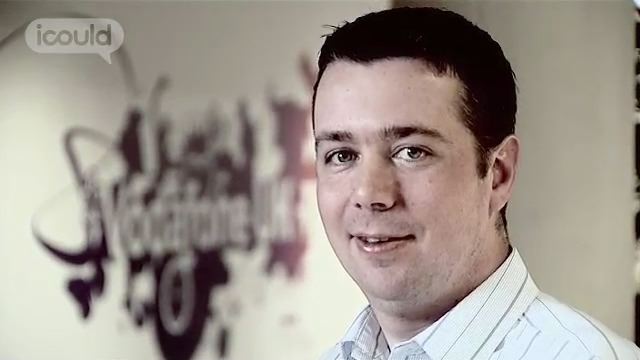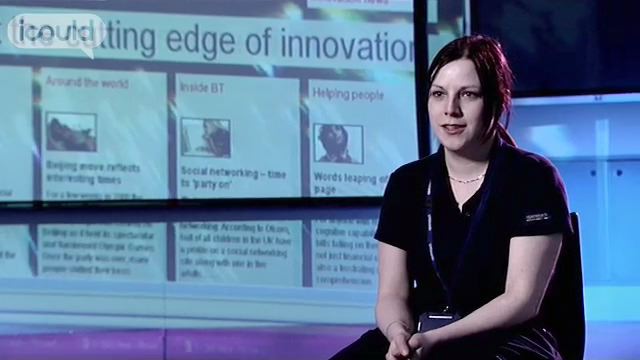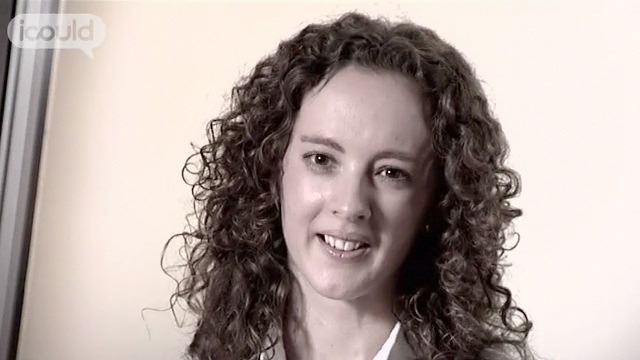Apprentice Service Technician
BT Openreach
Alison S
00:00:03 I’m Alison S. I’m an apprentice service technician. I work for BT Openreach in and around Coventry and Birmingham. We’re training to be engineers to work on the last mile of the network they call it, but it’s basically from the exchange all the way to the customer’s house, maintaining the phone line, making sure it’s all connected, no faults, providing them as well.
00:00:26 My primary school teachers really inspired me. At first I thought maybe… when I was little, I thought ‘Oh, I’m going to be a teacher. I’m going to be like them.’ They were just really encouraging. It was quite a small school, so I got a lot of guidance with what I was doing. I really liked maths and science. I just did well in it. I understood it a lot more than English, or… I didn’t like writing a lot.
00:00:54 At first I wanted to study physics at university. I just felt that was what I was supposed to do. In school it was just GCSEs, A levels. At university they didn’t really speak about the other options.
00:01:13 My major turning point was probably the day I decided to leave university. It just motivated me to actually think about what I wanted to do forever, for the rest of my life, so it kind of made me think about… certainly now I’m getting my brain in gear.
00:01:35 I think it was just the whole environment, it just wasn’t for me. I didn’t like sitting in a classroom seven days a week. I’d rather be out doing things, earning money rather than spending the tax payer’s. I think I was thinking about it for at least three months before I actually left. It was a pretty big decision.
00:01:57 I’m studying to do a BTEC in telecommunications at the moment. I remember a lot of the work from my physics A level because it’s a lot like that as well. This apprenticeship lasts for about three years. Once it has finished, I’m a qualified customer service engineer. I’ll be allowed to go out on my own and fix things.
00:02:22 My parents left school before they even got their GCSE results, so they didn’t really know what I was doing anyway. My mum works in a supermarket and my dad doesn’t work because he’s disabled. I think my parents would have been happy if I had carried on with university. I mean they were really positive about it. They didn’t really know much about university or what it led to, so they heard the word university ‘Oh great.’ I think they were disappointed when I left but they were still happy with what I did.
00:03:01 I probably would have revised a lot more for my A levels because I didn’t at all. It was a big mistake. I still got okay grades but they weren’t as good as what everyone expected me to get because I just didn’t do the work. When I applied for this apprenticeship, if you had good A levels as well you could have started higher up, do a higher apprenticeship rather than just an advance.
00:03:33 In five year’s time, I’d like to be higher up on the ladder. I still see myself with BT. There’s not many people that leave the whole company because there are so many other things you can do within the company. I just want to do well.
00:03:50 End
After her A levels Alison went on to university, she was the first in her family to go. After a few months she made the bold decision to leave university. She then started an apprenticeship at BT Openreach.
More information about Telecommunications engineers
The UK average salary is £29,813
There are 37.5 hours in the average working week
The UK workforce is 47% female and 53% male
Future employment
- Installs internal cabling and wiring for telephone systems and fits and wires junction and distribution boxes;
- Fixes connecting wires from underground and aerial lines to premises and connects cable terminals to inside wiring;
- Installs telephones, switchboards and coin operated phone boxes;
- Uses testing equipment to locate defective components of circuitry and makes any necessary repairs;
- Tests installation and makes any further necessary adjustments;
- Assists with the erection of wooden poles or steel towers to carry overhead lines;
- Connects cables and tests for any defects;
- Locates and repairs faults to lines and ancillary equipment;
- Erects and maintains mobile telecommunications infrastructure.




